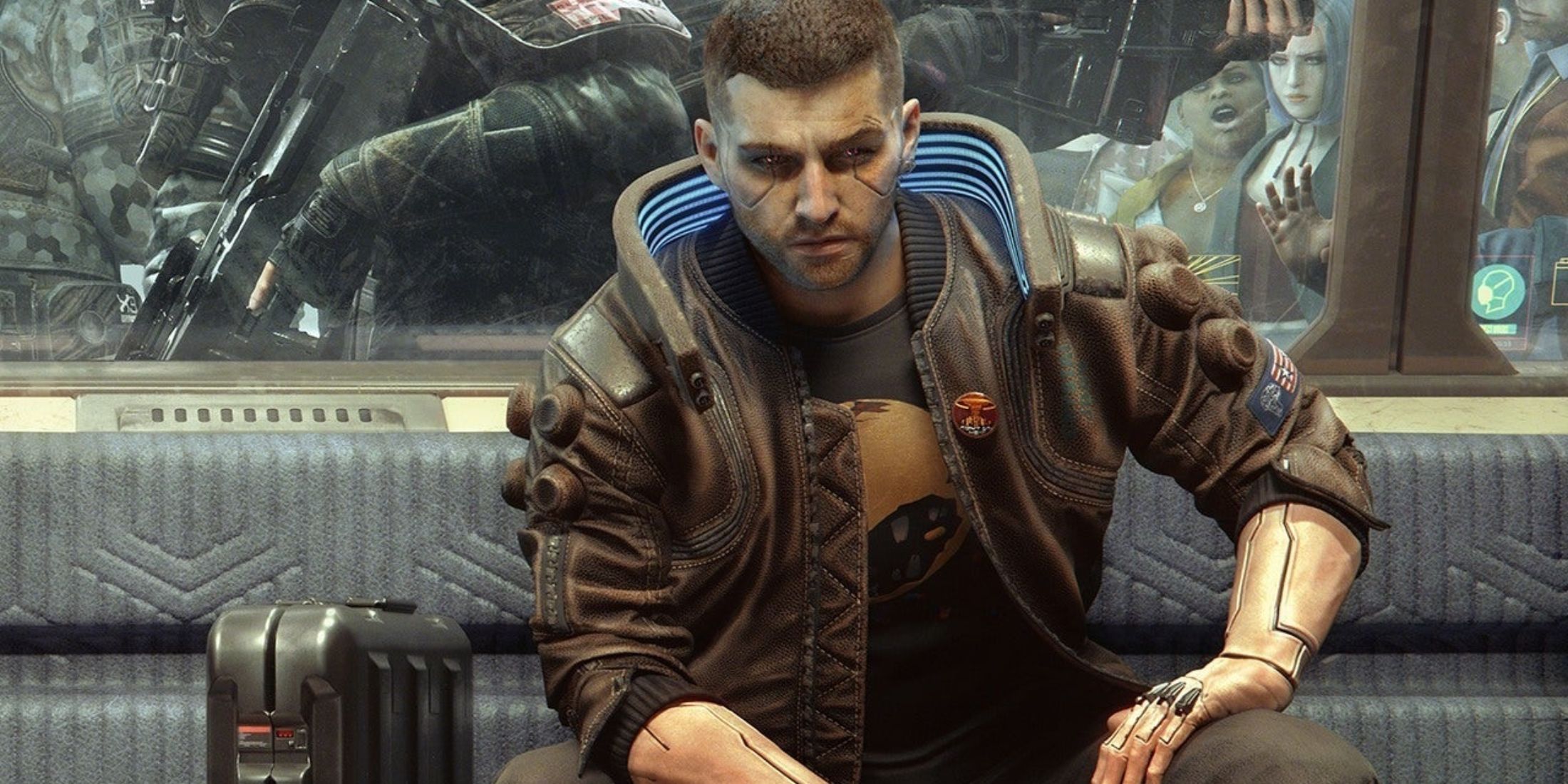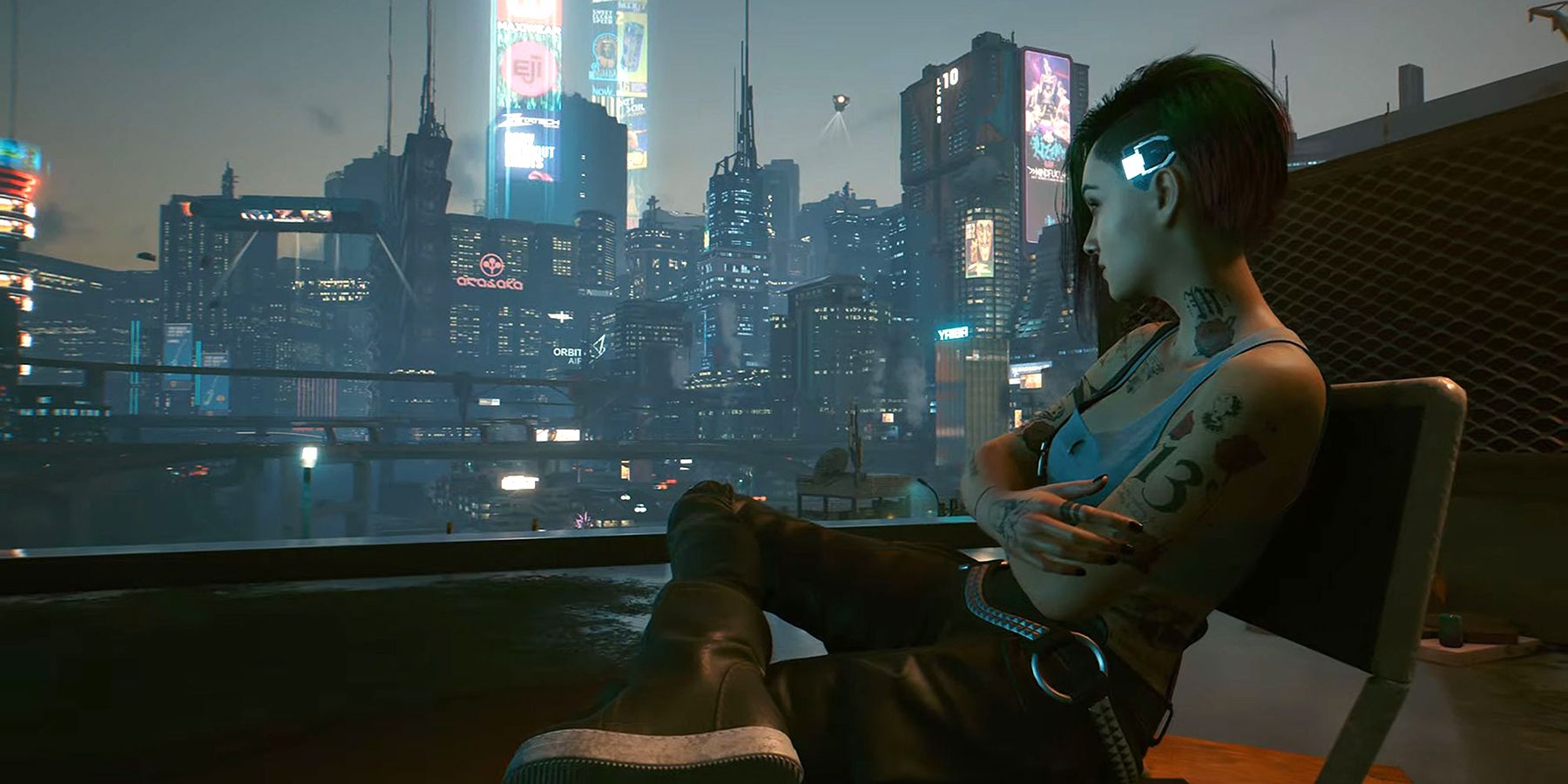Some industry veterans have shared their take on the future of cinematic, epic AAA RPGs, given the growing costs of game development and the complexity of multithreaded narratives and gameplay mechanics. A few years ago, the standard pricing for games made the long-avoided but inevitable jump to $70, and there was instant controversy when the higher price tag for games like Final Fantasy 7 Remake Intergrade was announced.
People expect a finished and polished product when they pay $60 or $70 of their hard-earned cash. So when a game like CD Projekt Red’s Cyberpunk 2077 launches in a nearly unplayable state, it shakes consumer trust in the industry in general and can cause long-term reputational damage to the studio behind it. At the same time, a sprawling and complex RPG like Cyberpunk 2077 has so many working parts — branching dialogs and questlines, cutscenes, voice acting, and character customization just to name very few — that one has to wonder how the relatively low price of entry can cover it all.
In a recent roundtable interview with PC Gamer, CDPR’s Pawel Sasko, who worked as the quest director for Cyberpunk 2077, and the Dragon Age series’ lead designer Mike Laidlaw provided some insight into where cinematic AAA BioWare-style RPGs are headed. Pawel was blunt: “When it comes to AAA, we are just running at a wall, I think, and we’re gonna crash on that wall really soon.” The reason behind this statement is the increasing complexity, on a technological level, of creating an RPG like Cyberpunk 2077 and the corresponding increase in player expectations.
God of War’s one-shot camera style was groundbreaking when the game came out in 2018, for example. But once these ambitious and technological innovations are introduced, players begin to wonder why they're not used in other games, without considering the cost. To develop games like Cyberpunk 2077 and Dragon Age: Inquisition, which have an uncountable number of moving parts, there’s not only a huge time investment, but also the need to hire people with increasingly specialized skillsets, which isn’t cheap. In other words, the budgets for these types of games continue to grow, but the price tag stays pretty much the same.
As an example, CD Projekt Red's most recent RPG cost more than $310 million to develop. Luckily for the company, Cyberpunk 2077’s sales recouped that investment almost immediately. However, that’s not the case for many developers, and a single game’s success can make or break a studio.
One potential tempering of the prohibitive cost of developing a AAA cinematic RPG, Laidlaw explains, is procedural storytelling. This is a concept that many gamers will be familiar with, namely in the procedurally generated dungeons of roguelikes or even epic action RPGs like Diablo 4. Bethesda has revealed that Starfield will have procedurally generated quests, and Dead Island 2 features a procedural dismemberment system. The narrative director at Hidden Path Entertainment, Strix Beltran, stated that procedural narrative tools will help studios more affordably tell the epic stories gamers expect, thus making at least one of the many aspects of a complex RPG easier for a developer to handle. “I think that is going to be a game changer,” Beltran said.
Source: PC Gamer





